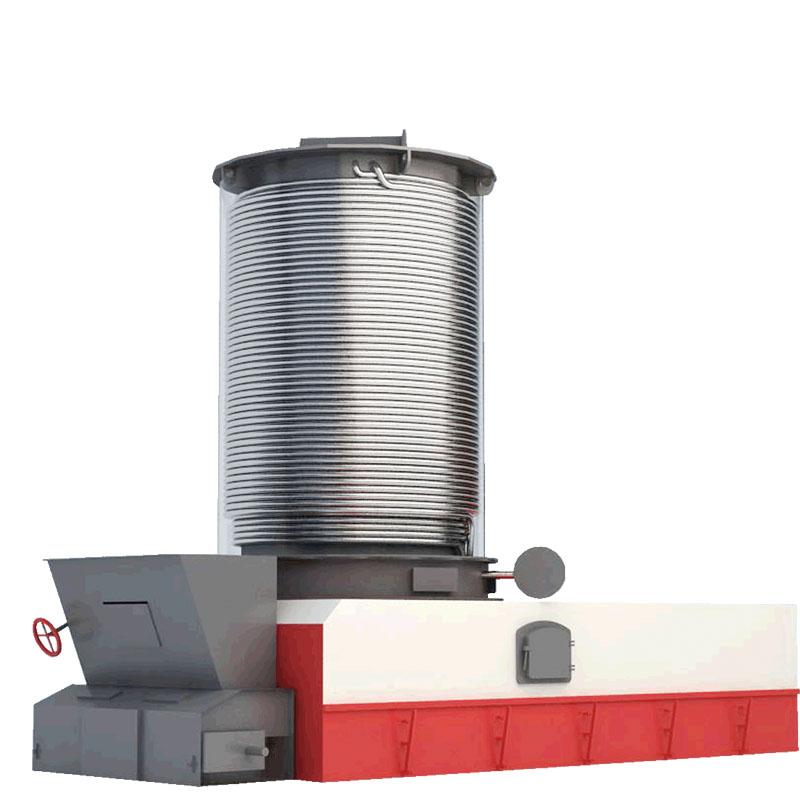CE Certification for Heat and Hot Water Boilers Explained for Compliance and Safety
CE Certification for Heat and Hot Water Boilers Ensuring Safety and Efficiency
In an increasingly technology-driven world, the importance of safety and compliance in the manufacturing and use of heat and hot water boilers cannot be overstated. With rising environmental concerns and stringent regulations, the CE certification has emerged as a significant standard, ensuring that such equipment meets the essential requirements imposed by the European Union. This article explores the concept of CE certification for heat and hot water boilers, its importance, and the processes manufacturers must undergo to obtain it.
Understanding CE Certification
CE stands for Conformité Européenne, which translates to European Conformity. The CE mark indicates that a product adheres to the health, safety, and environmental protection standards required by the European Union (EU). For heat and hot water boilers, acquiring a CE mark is essential for manufacturers who wish to sell their products in the European market.
The CE marking process involves rigorous assessments and tests that evaluate the product's design, manufacturing process, and overall safety and performance. These assessments are crucial for minimizing risks to users and the environment, ensuring that every boiler adheres to the high standards set by the EU.
Importance of CE Certification for Boilers
1. Safety Assurance The primary objective of CE certification is ensuring safety for users and maintenance personnel. Boilers that meet CE standards are less likely to malfunction, which can lead to dangerous situations such as explosions or carbon monoxide leaks.
2. Quality and Reliability CE certification reflects a commitment to quality. Boilers that attain this certification must meet rigorous performance standards, ensuring reliability in operation and longevity, thereby providing peace of mind to users.
3. Environmental Protection Modern heat and hot water boilers are designed to be more energy-efficient and environmentally friendly. CE certification considers not only the operational efficiency of the boilers but also their environmental impact, promoting sustainable practices within the industry.
4. Market access For manufacturers, having CE certification is crucial when entering the European market. Without it, a product cannot be legally sold or distributed in EU member states, effectively limiting market reach and sales potential.
ce certification heat and hot water boiler

The CE Certification Process
Obtaining CE certification for heat and hot water boilers is a multi-step process that includes the following phases
1. Product Assessment The manufacturer must conduct a thorough assessment of their boiler design and evaluate it against the essential requirements of the relevant directives, such as the Pressure Equipment Directive (PED) and the Eco Design Directive.
2. Testing and Inspection Independent, designated bodies known as Notified Bodies may perform tests and inspections on the boilers. They evaluate performance metrics, safety features, and compliance with EU standards.
3. Technical Documentation Manufacturers are required to prepare technical documentation that describes the design, manufacturing process, and compliance with applicable directives. This documentation must be kept available for inspection for a minimum of ten years after the product is placed on the market.
4. Declaration of Conformity Once the boiler passes all assessments and tests, the manufacturer issues a Declaration of Conformity, officially stating that the product meets all relevant EU legislation.
5. Affixing the CE Mark The final step involves affixing the CE mark to the product, signifying compliance and allowing it to be marketed within the EU.
Conclusion
In conclusion, CE certification is vital for heat and hot water boilers as it guarantees compliance with safety, quality, and environmental standards. For manufacturers, it opens the door to the European market while ensuring their products are reliable and safe for consumers. As the world increasingly emphasizes safety and sustainability, CE certification stands as a beacon of assurance in the boiler industry, fostering trust and confidence among users and stakeholders alike. As technologies evolve and new standards emerge, maintaining a commitment to compliance and safety will remain paramount in delivering high-quality heating solutions.
-
Industrial Steam Boiler Corporation - Reliable Industrial Boiler Manufacturer & SupplierNewsJul.08,2025
-
High-Efficiency Steam Boiler Heat Exchanger Supplier & Factory Durable Products for IndustryNewsJul.08,2025
-
Premium Electric Steam Boiler Manufacturer Reliable Company & Factory SolutionsNewsJul.08,2025
-
Commercial Hot Water Boiler - Reliable Supplier & Factory Direct Price for Efficient Heating SolutionsNewsJul.07,2025
-
Top Hot Oil Boiler Manufacturer - Reliable Thermal Oil & Coal Fired Boiler Manufacturer ManufacturerNewsJul.07,2025
-
High-Efficiency Hotel Hot Water Boiler – Leading Exporters & Quotes for HotelsNewsJul.07,2025

